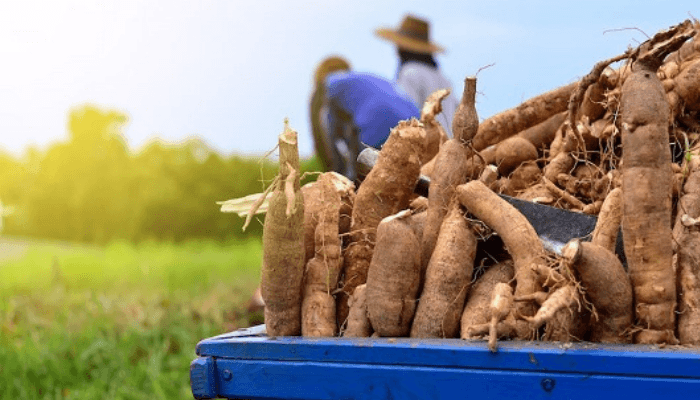As access to markets and credit facilities shrinks, a growing number of young farmers are abandoning agriculture in favour of informal jobs in cities.
The National Bureau of Statistics (NBS) estimates that only about 13% of rural farming households benefit from national agro-based schemes.
In Abia State, where many rural households depend on farming for income, participation is scarce.
Women, who make up more than half the country’s agricultural force, receive less than 10% of available credit. This limits their production and their capacity to embrace improved technological tools.
Bridging the gap
The Livelihood Improvement Family Enterprises for the Niger Delta (LIFE-ND), a joint project by the federal government and the Niger Delta Development Commission (NDDC), has emerged to tackle this shortfall.
Funded by the International Fund for Agricultural Development (IFAD), the initiative aims to promote inclusive agribusiness development across the nine Niger Delta states.
In Abia, where LIFE-ND has been successfully rolled out, plans are underway to support 3,000 beneficiaries with funding.
The project is expected to span six local government areas, including Ohafia, Aba South and Umuahia South. Under this phase, youths, women and people with disabilities will receive training and capital set up ventures across four areas—poultry, fishery, rice and cassava.
Prior to this, the scheme had supported 4,250 beneficiaries within Abia State to transition from subsistence agriculture to market-oriented production.
Complementing national agriculture policy
LIFE-ND’s objectives also align with Nigeria’s National Agricultural Technology and Innovation Policy (NATIP 2022–2027), which promotes digital inclusion, women’s participation and climate-smart agriculture.
Through this framework, the project integrates modern technologies such as improved seed varieties, efficient feed management and waste recycling into smallholder systems.
The LIFE-ND’s design also features water-management systems, eco-friendly feed production and community-led sustainability planning.
Experts note that sustaining the progress will require addressing structural challenges such as poor rural roads, inadequate storage and market fragmentation.
For a region beset by recurring flooding and pollution from oil exploration, climate resilience strategies should be prioritised. These factors have long posed a severe toll on rural livelihoods.
Summary not available at this time.






